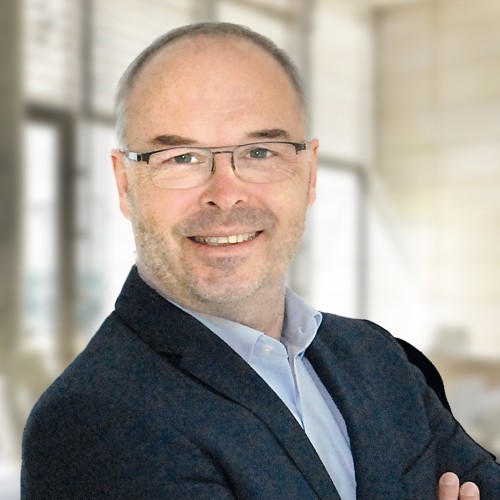The focus of daily work is on working at the desk and collaborating with colleagues in the meeting room, at the flipchart or online. Concepts are elaborated and developed together with others. In addition, research and the regular use of new expertise for projects, presentations and strategies is an important component.
In addition, the daily work consists of external appointments of various kinds. These include appointments with clients, workshops, seminars and external project meetings. Depending on the project, these appointments take place at the office, at municipalities, nationwide and internationally.
As a rule, the consultants work on several projects at the same time on a wide variety of topics over a long period of time. Each project is assigned a correspondingly diverse and interdisciplinary project team, depending on the task at hand. The project team is made up of people with different horizons of experience and professional specialisations.



